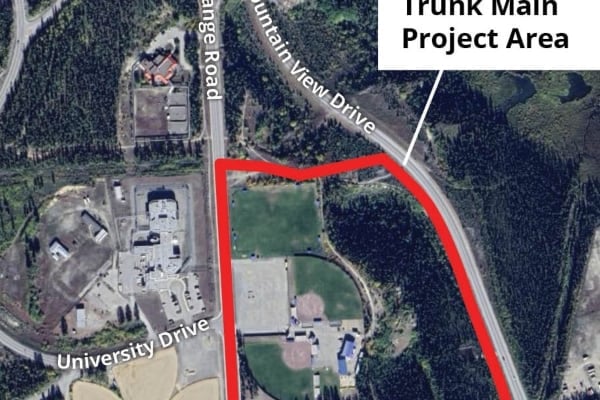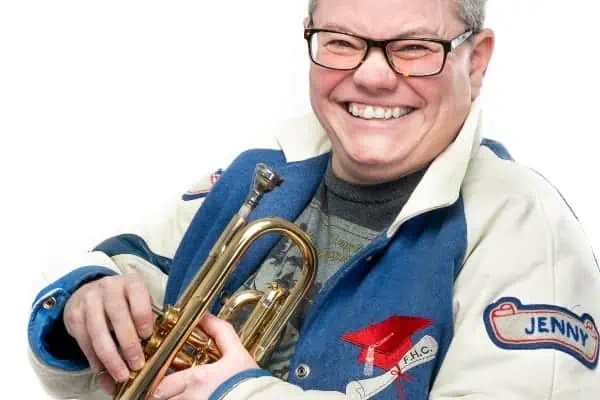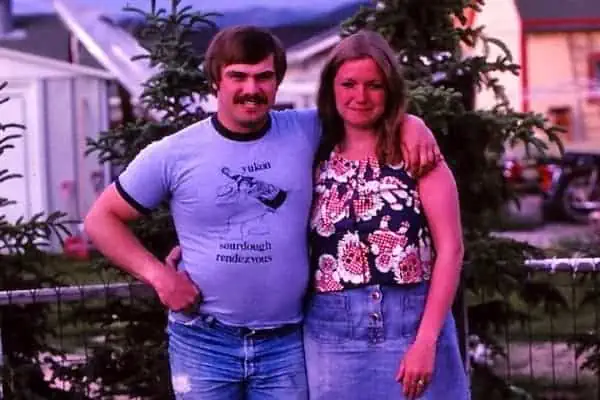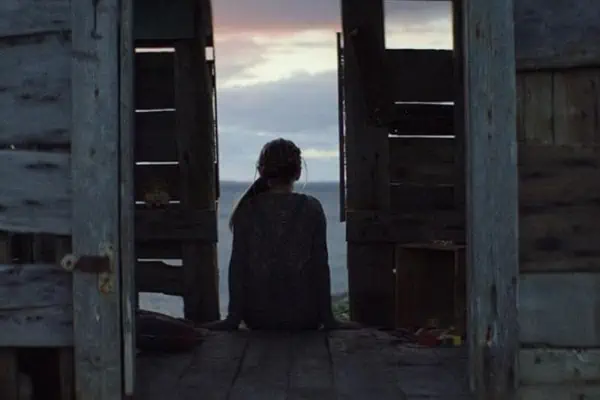Reducing our solid waste is not an easily digested subject. An upcoming conference in Whitehorse hopes to break down solutions into manageable bites.
The Working Towards Zero Waste in the North Conference will bring together approximately 120 representatives from governments, businesses, non-profits, academia and the public to share success stories from other northern regions.
The conference takes place March 3-5 at the Yukon College. A broad range of waste reduction topics will be highlighted, including the sharing economy, food waste, extended producer responsibility, and technological and operational solutions.
Panel discussions will include one geared specifically for policy makers and government leaders, one for businesses and nonprofits, and one for remote communities. About 25 exhibitors are expected at the trade show. In addition, results from YuKonstruct’s Hack-a-thon competition and Yukon College’s Cold Climate Innovation projects will be presented. There will also be a guided tour of Whitehorse’s waste management facilities.
Opportunities for public involvement include a screening of the award winning film, The Clean Bin Project, on Wednesday March 2 at the Old Firehall and a free talk on Thursday night.
Ben Derochie, Coordinator for Zero Waste Yukon and conference organizer, says this pan-northern conference will have attendees from Yukon, Northwest Territories, Nunavut, northern British Columbia, northern Alberta, and Alaskan participants from Haines, Juneau and Anchorage.
So why is it important to reduce our waste? According to the city’s website, the landfill in Whitehorse is expected to be full in 39 years. The estimated cost to properly close and monitor it is $13 million. The waste comes from Whitehorse and neighbouring communities.
Whitehorse currently diverts 35 per cent of our waste, according to statistics posted on the City of Whitehorse website. Some Canadian cities divert 50 per cent, which is Whitehorse’s goal. Derochie notes that, “Anchorage is way ahead,” of us in their waste reduction efforts.
The concept of zero waste is to have products repurposed, recycled and reintegrated back into the manufacturing process, and therefore considered a resource, not waste. Many products are now designed to be used once and then thrown away.
Derochie explained that the types of waste we have to deal with in Yukon are the same as other parts of Canada. What we need is more education about waste reduction and awareness of “what tools are out there”. The aim of the conference is “to further the discussion rather than reinventing the wheel,” Derochie says.
The best case practices and opportunities discussed at the conference will make reducing our waste easier to swallow.
For information and to register go to www.ZeroWastCconference.com or contact Ben Derochie at [email protected] or 667-7269 ext 27. You can also find out more on the City of Whitehorse website, at http://www.whitehorse.ca/.




